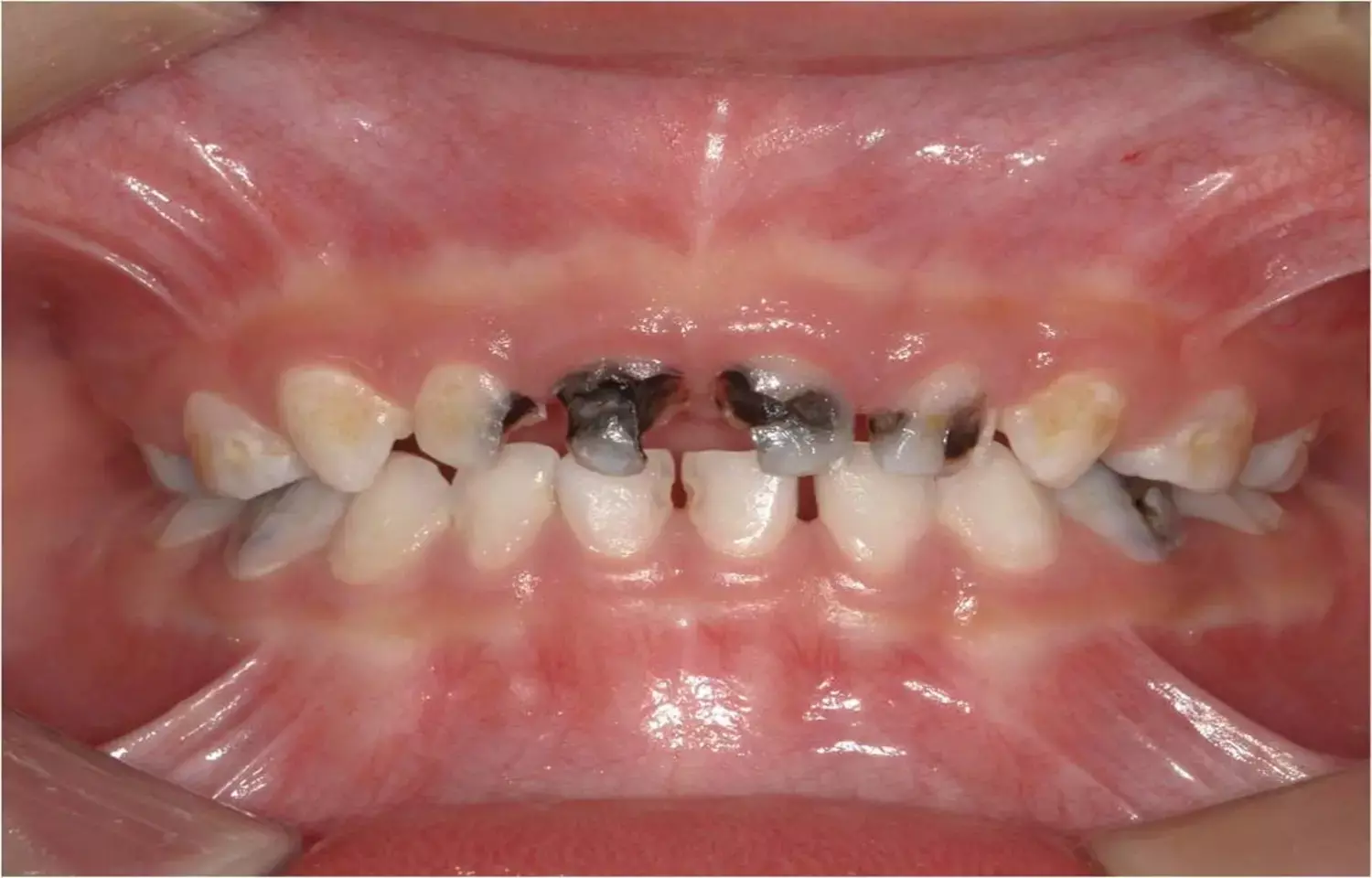- Home
- Medical news & Guidelines
- Anesthesiology
- Cardiology and CTVS
- Critical Care
- Dentistry
- Dermatology
- Diabetes and Endocrinology
- ENT
- Gastroenterology
- Medicine
- Nephrology
- Neurology
- Obstretics-Gynaecology
- Oncology
- Ophthalmology
- Orthopaedics
- Pediatrics-Neonatology
- Psychiatry
- Pulmonology
- Radiology
- Surgery
- Urology
- Laboratory Medicine
- Diet
- Nursing
- Paramedical
- Physiotherapy
- Health news
- Fact Check
- Bone Health Fact Check
- Brain Health Fact Check
- Cancer Related Fact Check
- Child Care Fact Check
- Dental and oral health fact check
- Diabetes and metabolic health fact check
- Diet and Nutrition Fact Check
- Eye and ENT Care Fact Check
- Fitness fact check
- Gut health fact check
- Heart health fact check
- Kidney health fact check
- Medical education fact check
- Men's health fact check
- Respiratory fact check
- Skin and hair care fact check
- Vaccine and Immunization fact check
- Women's health fact check
- AYUSH
- State News
- Andaman and Nicobar Islands
- Andhra Pradesh
- Arunachal Pradesh
- Assam
- Bihar
- Chandigarh
- Chattisgarh
- Dadra and Nagar Haveli
- Daman and Diu
- Delhi
- Goa
- Gujarat
- Haryana
- Himachal Pradesh
- Jammu & Kashmir
- Jharkhand
- Karnataka
- Kerala
- Ladakh
- Lakshadweep
- Madhya Pradesh
- Maharashtra
- Manipur
- Meghalaya
- Mizoram
- Nagaland
- Odisha
- Puducherry
- Punjab
- Rajasthan
- Sikkim
- Tamil Nadu
- Telangana
- Tripura
- Uttar Pradesh
- Uttrakhand
- West Bengal
- Medical Education
- Industry
Early Feeding Strategies Crucial for Preventing Early Childhood Caries, reveals research

A new study published in BDJ Open has found that adopting evidence-based early feeding practices such as reducing sugar exposure, ensuring timely introduction of complementary foods, maintaining consistent vitamin D supplementation, and promoting dietary diversity—plays a critical role in preventing early childhood caries (ECC). The findings reinforce the strong link between nutrition during infancy and long-term oral health outcomes.
Researchers analyzed feeding behaviors, dietary patterns, and oral hygiene practices in young children to understand how early-life nutrition influences caries development. The study found that frequent sugar consumption, including hidden sugars in processed foods and sweetened milk formulas, significantly increases caries risk—even before teeth fully erupt. In contrast, infants who received breast milk or unsweetened formulas, along with balanced complementary foods, showed better oral health outcomes and fewer lesions. The timing of introducing solid foods also emerged as a key factor. Children who transitioned to complementary feeding at the recommended age (around six months) demonstrated healthier dental development and improved chewing habits, which aid in saliva production—a natural protective factor against caries. Vitamin D supplementation was another protective element, supporting enamel mineralization and resistance to decay. Researchers emphasized that early oral health education should be integrated into pediatric care and parental counseling. Teaching caregivers about sugar-free feeding options, proper bottle use, and early toothbrushing habits could dramatically lower ECC rates. Moreover, community-level nutrition programs and healthcare provider training can help address persistent misconceptions—such as the idea that baby teeth are “temporary” and don’t require care.
Dr. Shravani Dali has completed her BDS from Pravara institute of medical sciences, loni. Following which she extensively worked in the healthcare sector for 2+ years. She has been actively involved in writing blogs in field of health and wellness. Currently she is pursuing her Masters of public health-health administration from Tata institute of social sciences. She can be contacted at editorial@medicaldialogues.in.


